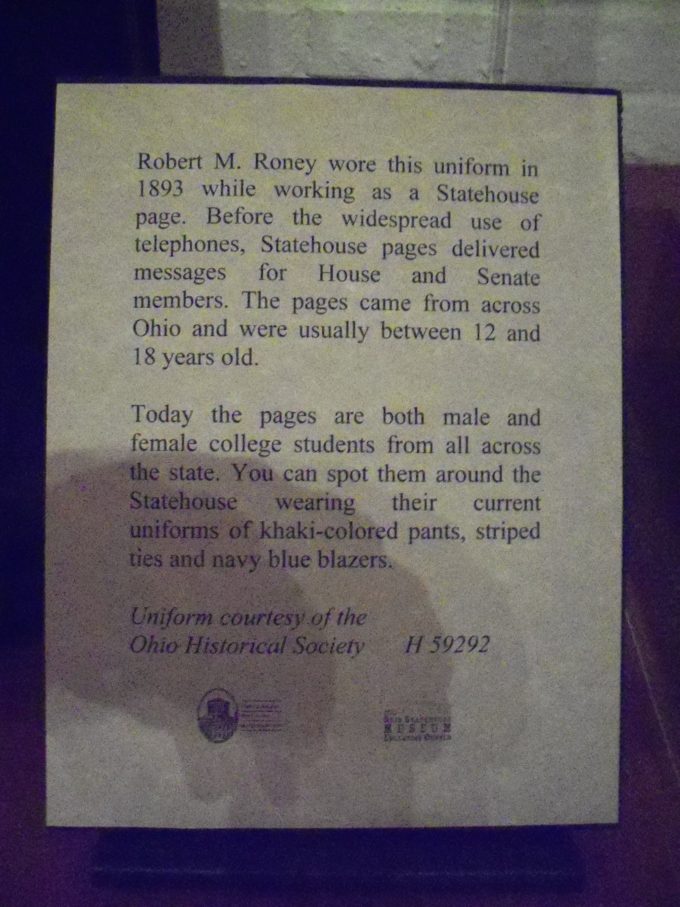
Thursday, 7 November 2019
For you were like sheep going astray, but have now returned to the Shepherd and Overseer of your souls. 1 Peter 2:25
There is a necessary correction in the intent of Peter’s words to get the proper sense of what he is saying. Charles Ellicott explains –
“The right reading does not attach ‘going astray’ to ‘sheep,’ but as predicate of the sentence, ‘ye were going astray like sheep.’ The ‘for’ introduces an explanation of how they came to be in need of ‘healing.’”
In this, the verb connected to the present participle denotes habitual action. It is a state of constant going astray. Peter here is continuing to cite Isaiah 53. What he cites is only a part of Isaiah 53:6, which says –
“All we like sheep have gone astray;
We have turned, every one, to his own way;
And the Lord has laid on Him the iniquity of us all.”
The idea of going astray like a sheep is also found in Psalm 119:175, Jeremiah 50:6, and in Jesus’ parable in Matthew 12:10-14. The idea then is one which would have been fully understood by all of Israel, whether they acknowledged it personally or not. Peter has just noted that it was by the stripes of Christ that these believers had been healed. The “For” which begins this verse is tied to that.
The necessarily healing which came about is shown, definitively, to not be a physical healing, but a spiritual one with Peter’s continued words. All of Israel (Peter is specifically speaking to the Jewish people) had gone astray, just as the Gentiles of the world had. They were in as much need of this spiritual reconnection to God as anyone else. They had constantly wandered from God, as is evidenced by the entire body of Scripture from the moment they left Egypt, even to Peter’s present time (and which continues in Israel to this day).
It is in this state of going astray that Peter then compares them to sheep. Sheep need a constant watch over them, or they will simply wander. This is what happened to Israel. Being like sheep, and without proper overseers, they constantly wandered into the wilderness of spiritual apostasy. However, with the coming of Christ, Peter provides the good news for those who recognized Him for who He is. He says, “but have now returned.”
The verb is passive, and is more correctly translated, “but are now returned.” There was a specific point in time that the event occurred. It is when they received Christ, believing the gospel message. At that time, Christ returned them to Himself. The word “returned” does not imply that they individually had ever been under his care and were brought back to it. Rather, it speaks of the state of man in general. Man had belonged to the Lord, he turned from God, and now these individual humans were returned, they were converted, to that original reconnected state.
Peter then explains what this returning means with the words, “to the Shepherd and Overseer of your souls.” The idea of the Lord as the Shepherd of the sheep permeates Scripture. David speaks of the Lord being his Shepherd in the 23rd Psalm. Ezekiel refers to this state several times. Jesus spoke of it as clearly as could be stated in John 10 –
“I am the good shepherd. The good shepherd gives His life for the sheep. 12 But a hireling, he who is not the shepherd, one who does not own the sheep, sees the wolf coming and leaves the sheep and flees; and the wolf catches the sheep and scatters them. 13 The hireling flees because he is a hireling and does not care about the sheep. 14 I am the good shepherd; and I know My sheep, and am known by My own. 15 As the Father knows Me, even so I know the Father; and I lay down My life for the sheep. 16 And other sheep I have which are not of this fold; them also I must bring, and they will hear My voice; and there will be one flock and one shepherd.” John 10:11-16
The word translated as “Overseer” is only used here when speaking of Christ Jesus. The idea of shepherding, however, is connected to it in Acts 20 –
“Therefore take heed to yourselves and to all the flock, among which the Holy Spirit has made you overseers, to shepherd the church of God which He purchased with His own blood.” Acts 20:28
The Lord appointed lesser overseers within the church, implying that He is the true and greater Overseer. The Greek word is a compound of epi, or “over,” and skopós, or “look intently.” It signifies one who keeps a close eye on his flock. In the case of Christ, He maintains a personal watch over His people, determining the perfect care and protection necessary for each of those who are His. It speaks not of their physical well being, but of their assured salvation. No matter where they are, He is always attentive to their state.
It would be ludicrous to consider that a person could become a part of the flock of God, and to end up lost again. It would not show an attentive overseer, but one lax in his duties. Who can ascribe such negligence to the Lord? Rather, the Lord is the perfect Shepherd and Overseer. Those who are His will never stray so far as to be lost again.
Life application: Peter says we “were like sheep going astray.” A sheep doesn’t intentionally leave the security of the shepherd. Instead, without thinking, they just keep eating grass and moving farther and farther away from him until they are lost.
This is the comparison God makes to us throughout the Bible. We don’t reason things out, but just amble along without a care or a thought. We are in a state of helplessness, and there is nothing we can do to correct it. We pursue sin like grass, and continue in it until we are so lost that it is what seems normal and proper, like eating grass is to a sheep. It takes the shepherd’s attention to bring the sheep back into the fold and likewise, it takes God’s attention to ensure we are brought back to Himself.
This is just what God has done through Jesus – hence the terminology of Him being the Good Shepherd, the Chief Shepherd, and the Great Shepherd, as well as Peter’s titles in this verse – the Shepherd and Overseer of our souls.
The entire context of the passage is speaking of our being lost in sin and separated from God. But God sent Jesus, the Shepherd and Overseer of our souls, to bring us back to Him. This then is the healing that Peter has referred to.
It is the reversal of the curse of death mentioned in the first pages of Genesis. When God said to Adam that he would die on the day he ate of the fruit, he was referring to this state of spiritual death and helplessness. But He also promised this would be corrected. Thanks be to God! It was in the life, death, and resurrection of Jesus our Lord. By His stripes, we truly are healed.
What a marvelous and gracious Creator You are! We departed from You and became lost in sin and death. O! But You sent Jesus to find us and bring us back home again. What a wonderful story of deliverance and redemption! Thank You, O God, for Jesus Christ our Lord. Amen.




